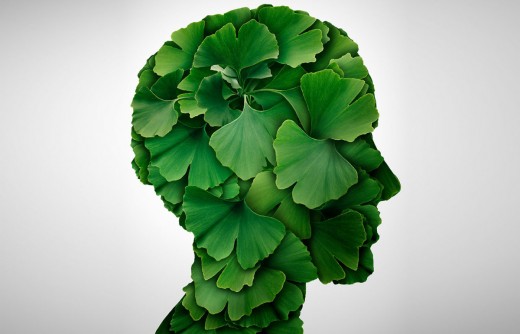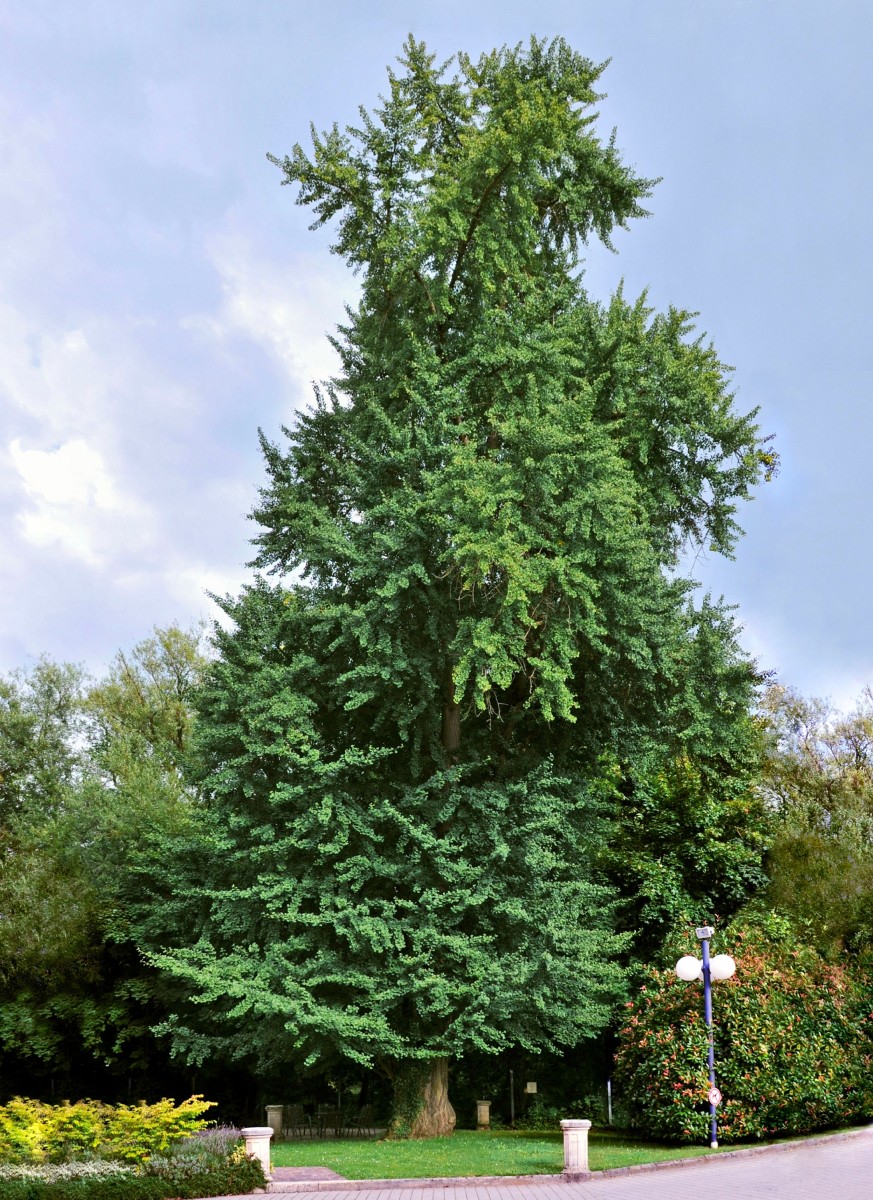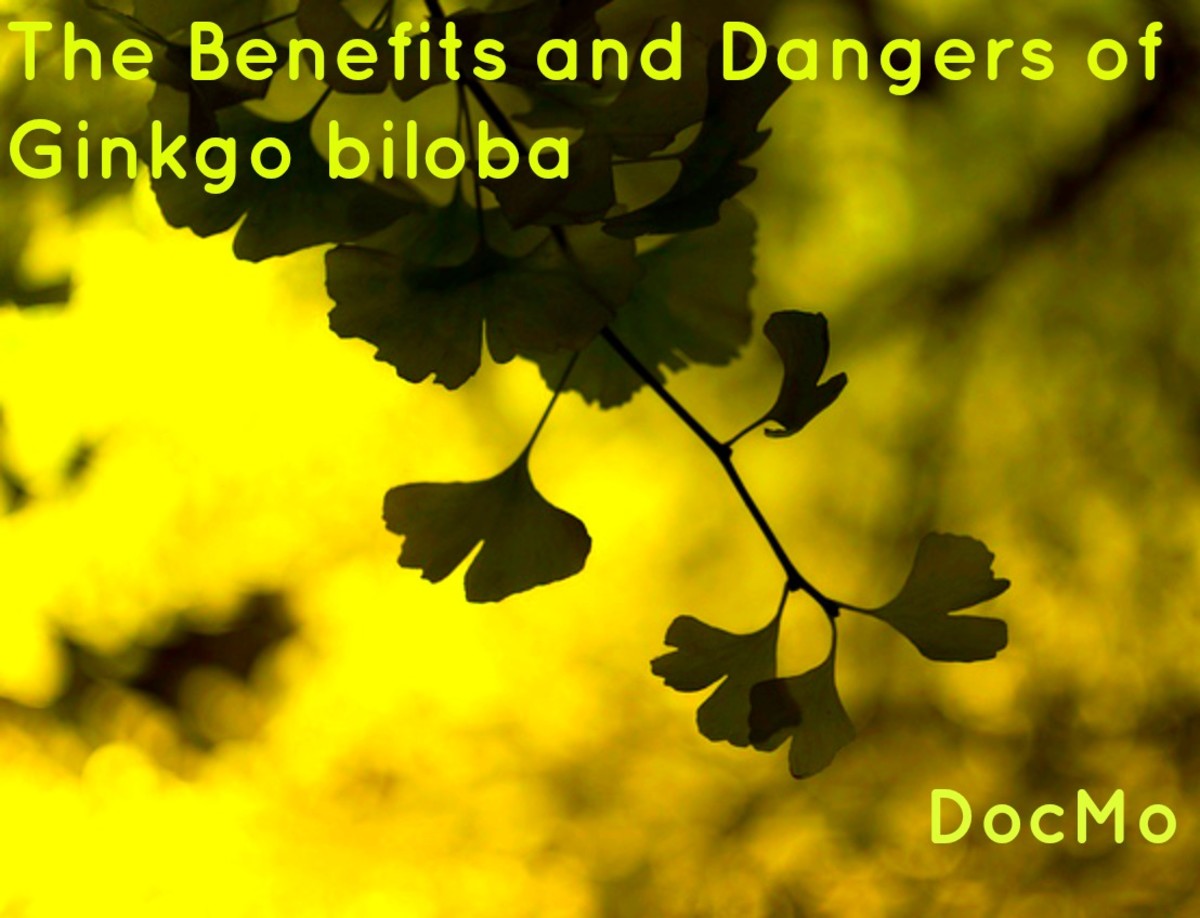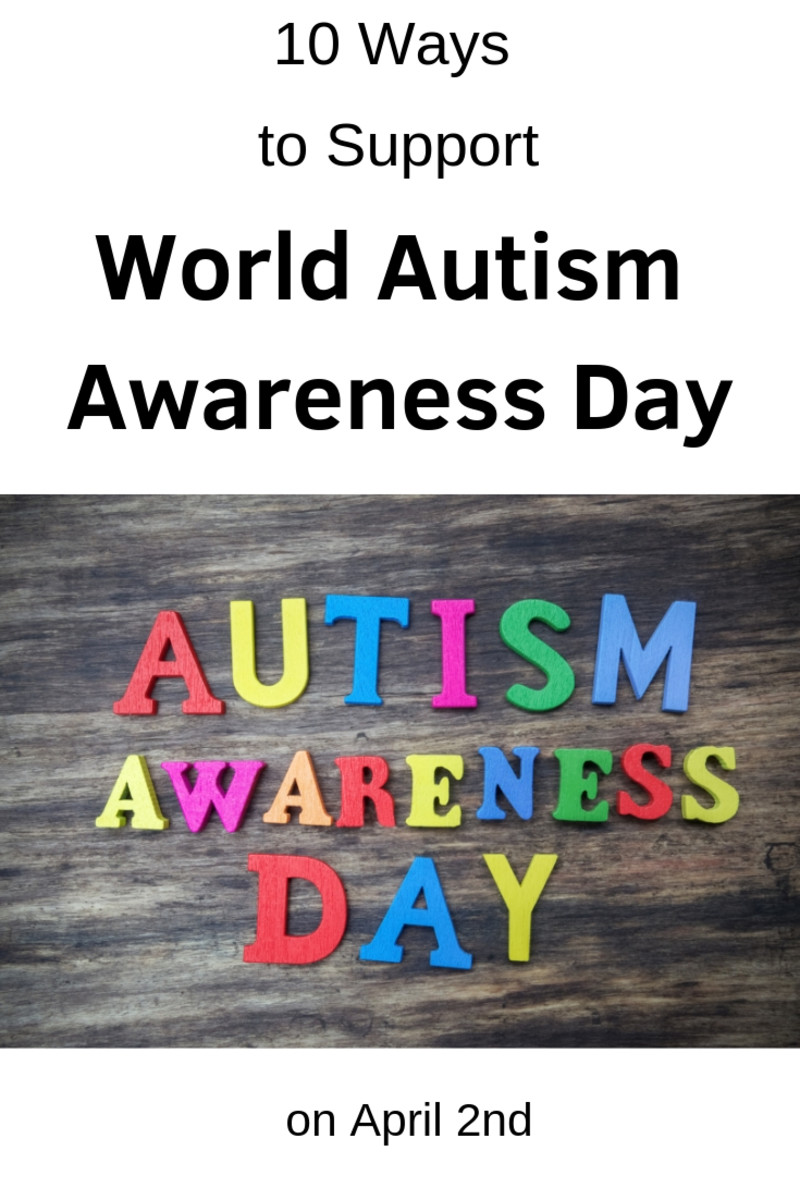- HubPages»
- Health»
- Diseases, Disorders & Conditions»
- Autism & Asperger's Syndrome
Ginkgo Biloba Helps In Autism Recovery
Ginkgo Biloba For Brain

History
Ginkgo biloba also known as maidenhair tree. This tree is native to china and is widely cultivated there. It has many uses in medicine and as food.
Ginkgo's are long and large tree, many reaching to 50m and above. It is deep rooted tree which resist to severe weather.
These are considered long lived trees some are even 2500 years old. The nuts from trees are traditional food in china and use as dessert with coconut.
If someone will eat seed of gingko in large quantities it will be very poisonous. It can also cause blisters to those who are sensitive and have allergies that's why
it should be handle with gloves on.
It was first used in 1965 in Germany as a medicine. Now it is used as dietary source for cognition and neurological disorders.
Due to its benefits, Gingko Biloba is a prescription herb in Germany and in many other European countries.
Ginkgo Biloba For Autism
It has been reported Gingko effect neurotransmitter system and have antioxidant properties which then effect pathogenesis of Autism spectrum disorder.
Gingko has anti-inflammatory properties, is a mood enhancer and boost circulation. It also improve cognitive function, increase energy and reduce many chronic diseases symptoms. Ginkgo works by improving the blood flow to the brain and others parts of the body.
There are limited research on Gingko Biloba effect on autism but a study in 2009 reported measurable change in 4 children who was using this remedy. Few other open trials reported significant benefit for ADHD.
In autism it should be used after implementing special autism diet.It can be used for
Reaction time
Attention
Concentration
Mood
Fatigue
Information processing speed
Cognition
Memory
Ginkgo Biloba Tea
It is made of dried leaves of Ginkgo Biloba tree. It can be purchased in loose leaf form or in tea bags shape. Ginkgo Biloba has found to increase oxygen and glucose uptake to brain cells. This will improve reasoning and mental alertness. Ginkgo Biloba tea is more consumed as an anti-aging tea and as an energic drink. The tea has a weak flavour, you can mix it with green tea or ginger tea to enhance flavour.
The Natural Medicine Database suggest 30mg of Ginkgo extract per serving of tea. Tea can be consumed 2 to 3 times a day and it should be used for at least a month to get desired results.
Ginkgo Biloba is rated as a safe herbal remedy if used appropriately and can be used for up to 6 years. Side effects are nausea, headache and tummy discomfort only noted in small number of people and can be manage by reducing the dose.
Syrup
Ginkgo Biloba is available in liquid forms and can be used after discussing your health care provider.
Disclaimer
I am not a doctor and this information is only based on my individual knowledge. If you want to use any of this information please consult with your doctor first.






